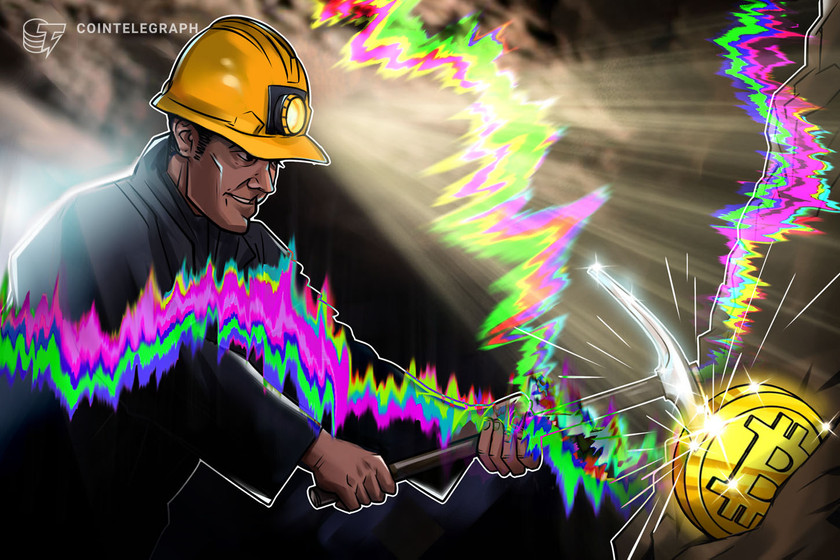Bitcoin mining involves a delicate balance between multiple moving parts. Miners already have to face capital and operational costs, unexpected repairs, product shipping delays and unexpected regulation that can vary from country to country — and in the case of the United States, from state to state. On top of that, they also had to contend with Bitcoin’s precipitous drop from $69,000 to $17,600.
Despite BTC price being 65% down from its all-time high, the general consensus among miners is to keep calm and carry on by just stacking sats, but that doesn’t mean the market has reached a bottom just yet.
In an exclusive Bitcoin miners panel hosted by Cointelegraph, Luxor CEO Nick Hansen said, “There’s going to definitely be a capital crunch in publicly listed companies or at least not even just publicly listed companies. There’s probably close to $4 billion worth of new ASICs that need to be paid for as they come out, and that capital is no longer available.”
Hansen elaborated with:
“Hedge funds blow up very quickly. I think miners are going to take 3 to 6 months to blow up. So we’ll see who’s got good operations and who’s able to survive this low margin environment.”
When asked about future challenges and expectations for the Bitcoin mining industry, PRTI Inc. advisor Magdalena Gronowska said:
“One of the biggest challenges that we’ve had in this transition to a low-carbon economy and reducing GHG emissions has been an underinvestment in technology and infrastructure by the public and private sectors. What I think is really amazing about Bitcoin mining is that it’s really presenting a completely novel way to fund or subsidize that development of energy or waste management infrastructure. And that’s a way that’s beyond those traditional taxpayer or electricity ratepayer pathways because this way is based on a purely elegant system of economic incentives.”
Will Bitcoin destroy the environment?
As the panel discussion shifted to the environmental impact of BTC mining and the widely held assumption that Bitcoin’s energy consumption is a threat to the planet, Blockware Solutions analyst Joe Burnett said:
“I think Bitcoin mining is just not bad for the environment, period, I think if anything, it incentivizes more energy production, it improves grid reliability, and resilience and I think it will likely lower retail electricity rates in the long term.”
According to Burnett, “Bitcoin mining is a bounty to produce cheap…
Click Here to Read the Full Original Article at Cointelegraph.com News…
























